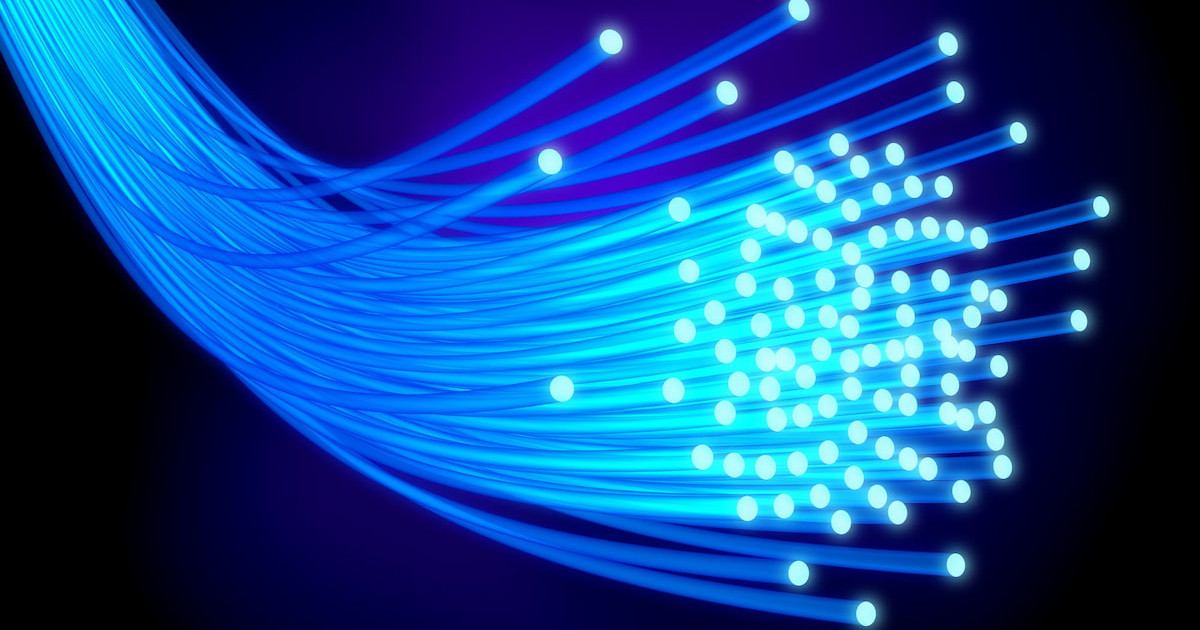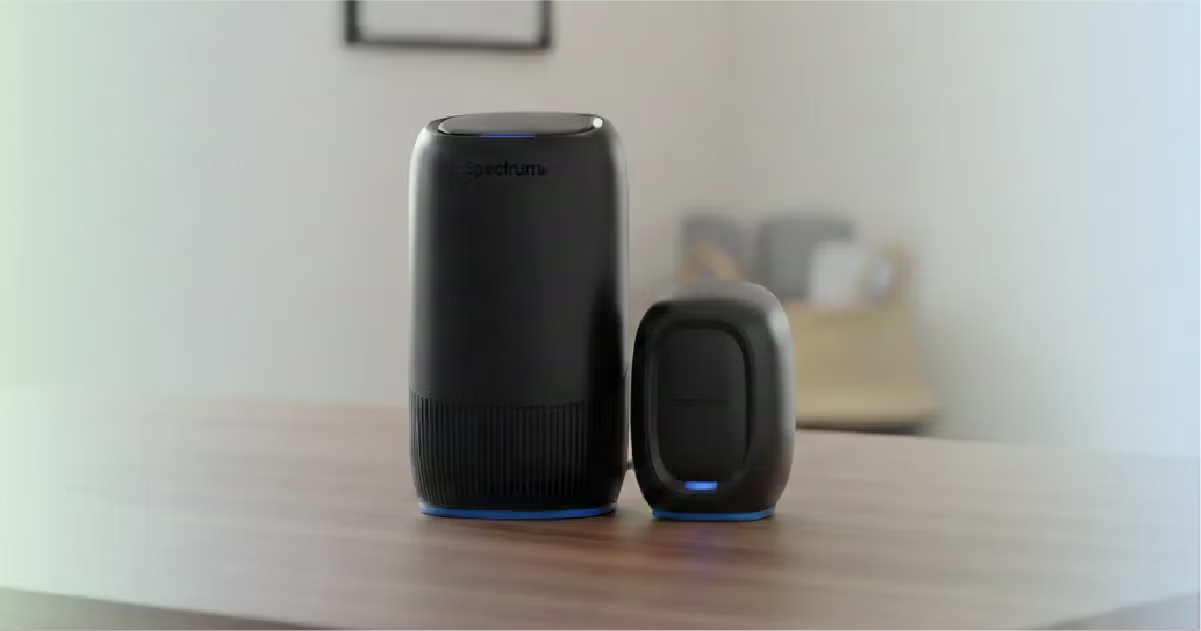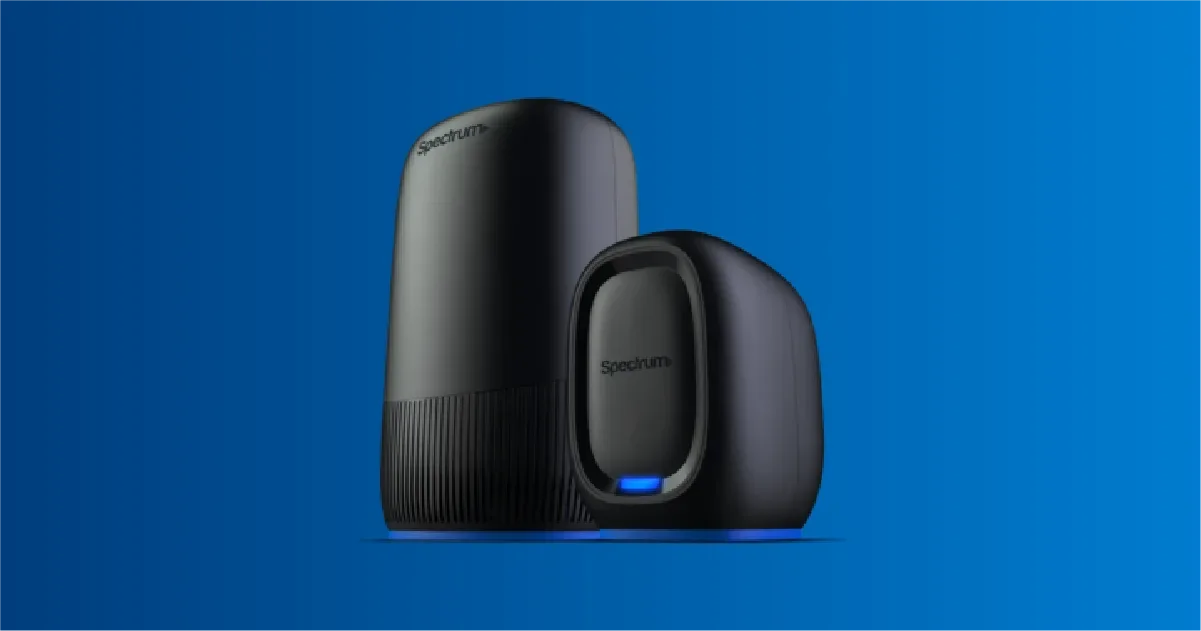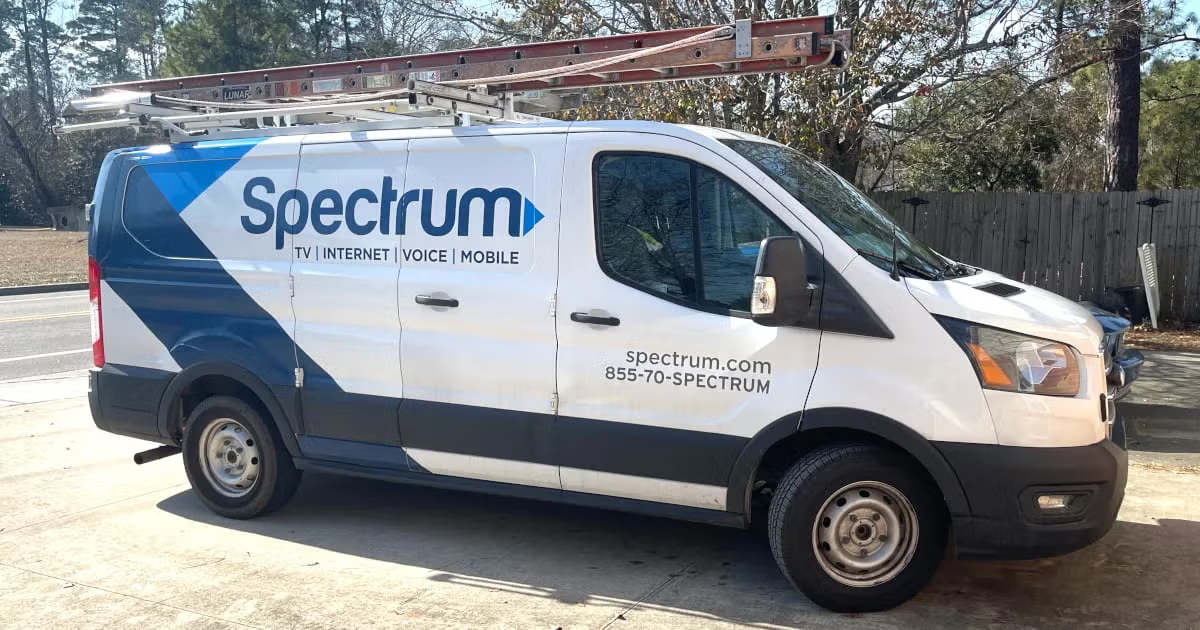What Is a VPN?
VPNs hide your IP address and help you maintain your online privacy
Aug 23, 2024 | Share
Technology, VPN
A virtual private network (VPN) masks your IP address by creating an encrypted connection between your device and a remote server. In addition to increased online privacy, VPNs help you avoid censorship, internet service provider (ISP) throttling, and even protect you against certain types of hacks.
While VPNs are certainly useful for protecting your online privacy, it’s also important to know what VPNs don’t do, like protecting your devices from viruses and malware. Read on to learn what you can expect to gain from a VPN service and see if it’s something you need.
You could probably be paying less for internet service
Use our zip code search tool to find the best internet providers and deals in your area.
On this page:
How VPNs work | Benefits of using VPNs | What VPNs don’t do | Who should get a VPN?
On this page:
How VPNs work
A VPN’s main function is to hide your IP address, which is like your network’s digital fingerprint. Websites, corporations, advertisers, and, unfortunately, hackers, can use your IP address to track what you’re doing online. When you use a VPN, the websites and services you use never see your IP address, but instead see the proxy IP address distributed by the VPN.
VPN services accomplish this by rerouting your internet traffic through an encrypted “tunnel” to a remote server. From there, your data continues on to your intended destination, such as a website or streaming service. Likewise, any incoming traffic is routed through the same remote server before reaching your network.
On your end, everything looks and feels the same, but all the internet sees is the remote VPN server, keeping your IP address private.
Benefits of using VPN
You definitely don’t need to be an internet expert or tech guru to appreciate the benefits of a VPN. By masking your IP address and hiding your traffic from your ISP, VPNs provide an extra layer of anonymity and security for your home network. Here are a few specific reasons you might want a VPN subscription:
Keep your browsing history and online activity private from your ISP
Without a VPN, your ISP can see and track everything you do online. And since certain online privacy restrictions were repealed in 2017, your ISP can also sell this data. A VPN helps you take back control of your data and online privacy by hiding your online activity from your ISP.
All your traffic is encrypted to and from the VPN. Your ISP can see that data is coming and going, but they can’t see where it’s going to or where incoming data is coming from. The same goes for any of the websites and online services you use through the VPN. As long as the VPN is active, these entities won’t be able to see your real IP address.
Keep in mind that a VPN encryption tunnel hides information from your ISP, but once the data leaves the VPN server, that encryption ceases. Your IP address remains hidden, but websites can still use cookies and other data to track you.
Get around censorship and geographical restrictions
Some regions block connections to certain sites and services as a form of censorship. You can use a VPN to get around this by running your internet traffic out of a VPN server in an uncensored location. Just keep in mind that some countries have outlawed the use of VPNs for these purposes.
Avoid ISP throttling
Throttling is when your ISP intentionally slows down your internet connection. ISPs may do this when detecting certain behaviors, like torrenting. Because VPNs encrypt your web traffic, your ISP can’t see what you’re doing online, which may help you avoid certain throttle triggers. However, your ISP can still see how much data is coming and going, so VPNs won’t help you avoid throttling that results from too much data usage.
Protect you from some hacking attacks
All the data between your device and the VPN is encrypted, so anyone trying to snoop on your online activity at this stage would only capture useless encrypted data.
What VPNs don’t do
Although VPNs are great for hiding your IP address, they are not an end-all-be-all solution for online privacy and protection. Here are some things you still need to watch out for when using a VPN.
VPNs don’t protect you from viruses and malware
Nowadays, computer viruses usually result from users unknowingly downloading them from somewhere on the internet. This can be as easy as clicking a link in an email or downloading a file you thought was from a trusted source. VPNs don’t filter out viruses, they only mask your IP address and encrypt the information going between your network and the VPN. So, the site you download a virus from may not know your IP address, and the virus’s data will be encrypted on its way to your computer, but a VPN wouldn’t stop the virus from successfully downloading onto your computer and infecting your network.
Some VPN services may provide or bundle additional products that provide some degree of virus protection, but it’s important to understand that a VPN will not protect you from viruses and malware on its own.
VPNs don’t protect you from all adware and tracking
While masking your IP address may help you avoid some advertising trackers and targeted ads, advertisers often use cookies and other data from your apps and browser to identify you. Once your data moves beyond the encryption tunnel, VPN’s don’t hide any of your information apart from your IP address, so they won’t prevent this data from being gathered, tracked, and targeted by advertisers.
VPNs don’t make you completely anonymous on the internet
Your IP address is your network’s main identifier to the internet, but it’s not the only identifier. For example, if you’re logged into your Google or Facebook account, your identity is forfeited to any entity with access to that information. Again, a VPN only hides your IP address.
Who should get a VPN?
Anyone concerned with their online privacy should at least take a look at VPN services. Without a VPN, your IP address could be used to get insights about your online activity and even your geographical location—that’s definitely not something you want in the wrong hands. VPNs are by no means a one-stop shop for complete online privacy and security, but they are a huge step in the right direction for those who value keeping their online activity private.
Author - Austin Aguirre
Austin worked as a broadband technician installing and troubleshooting countless home internet networks for some of the largest ISPs in the U.S. He became a freelance writer in 2020 specializing in software guides. After graduating with a BS in technical communication from Arizona State University, he joined the team at HighSpeedInternet.com where he focuses on home network improvement and troubleshooting.
Editor - Jessica Brooksby
Jessica loves bringing her passion for the written word and her love of tech into one space at HighSpeedInternet.com. She works with the team’s writers to revise strong, user-focused content so every reader can find the tech that works for them. Jessica has a bachelor’s degree in English from Utah Valley University and seven years of creative and editorial experience. Outside of work, she spends her time gaming, reading, painting, and buying an excessive amount of Legend of Zelda merchandise.




